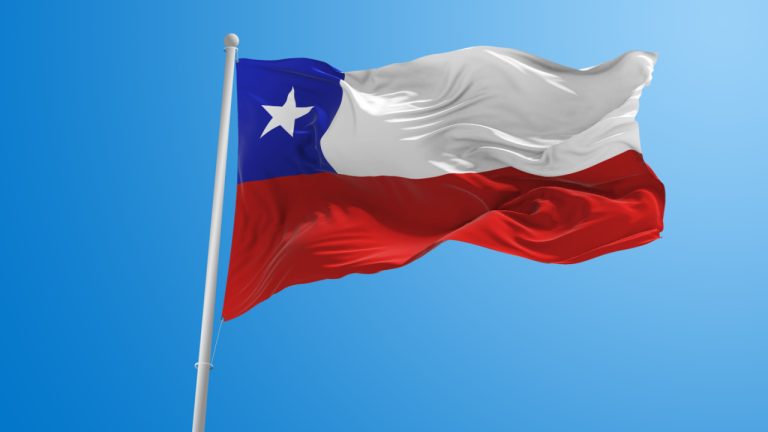Worldcoin Blows up in Chile; Sign-Ups Exceed 1% of the Population

Worldcoin, the biometric wallet and ID project, has reported that it has signed up more than 1% of the population of Chile. According to the organization, more than 200,000 Chileans are already using Worldcoin, a popularity uptick shared with other South American countries, including Argentina, where 9,500 Argentines verified their IDs in a day.
Worldcoin Achieves Milestone in Chile; More Than 1% of the Population Reportedly Registered
Worldcoin, the project that uses biometric iris scanning as “proof of personhood,” has reached a milestone in Chile. The organization reported having signed up 200,000 Chileans since its launch. With Chile having approximately 19.5 million residents, this means more than 1% of the population would have signed up to receive Worldcoin’s grant in the form of WLD, the native token of the protocol.
This growth signals the popularity rise of the project in South American countries, that have shown interest in the proposal of the World ID app. Due to this demand, Tools For Humanity, contributors of Worldcoin, ramped up operations in Chile, setting up more verification stations in Vina del Mar and Concepcion while maintaining its verification operations in Santiago, the capital.
Worldcoin verifications involve a specific hardware device called the orb, used to scan the irises of users wishing to verify their ID to be part of the Worldcoin system.
Popularity Among Woes
The popularity of the Worldcoin project extends to other countries in Latin America that have also embraced it due to its grants. In August, the organization reported having registered more than 9,500 Argentines in a single day, or one verification every nine seconds, a milestone given that there were only four verification stations in the country.
Also, according to data from a Kenyan parliamentary committee tasked with investigating the project, 350,000 Kenyans had registered at some point in July, accounting for 25% of the users on the platform at that time.
However, the Kenyan government suspended Wordcoin activities in August and attempted to arrest Alex Blania, CEO and co-founder of Tools For Humanity, and Thomas Scott, the legal spokesperson for Tools for Humanity, after appearing before the Kenyan National Assembly during a hearing.
The Kenyan government informed that U.S. officials intervened to secure the exit of the Worldcoin executives, given that they have not been found guilty of committing any crime in the country.
What do you think about Worldcoin’s popularity in Chile and other countries facing economic hardships? Tell us in the comments section below.

